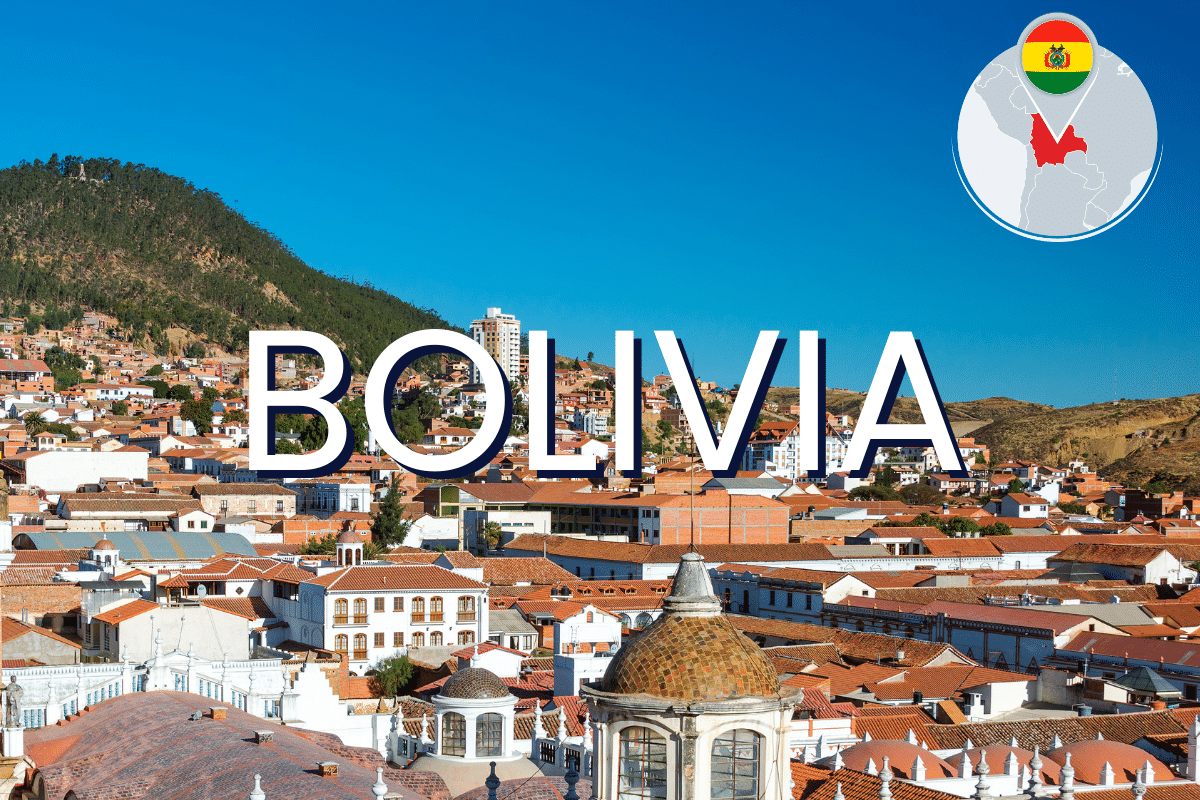
“Catalysts for Change: Voices from TAP-EDM Partnerships” Series
In Bolivia, short-term technical assistance through the TAP-EDM initiative supported the Escuela de Gestión Pública Plurinacional (EGPP) in delivering a feminist leadership workshop for women from Indigenous communities, grassroots organizations, and public institutions. In partnership with Canadian experts, participants explored feminist, decolonial, and intersectional approaches tailored to Bolivia’s context. In this series, project partners reflect on how tailored expertise helped shift practices, perspectives, and individual paths. The TAP program is funded by the Government of Canada through Global Affairs Canada and implemented by Alinea International.
Background
Bolivia has taken important steps to embed depatriarchalizing and decolonization into the planning and implementation of its public policies. In 2023, the Escuela de Gestión Pública Plurinacional (EGPP), Bolivia’s national school of public administration, in partnership with Canadian and Bolivian experts, hosted a leadership workshop for women from grassroots organizations, Indigenous communities, and public institutions. The workshop introduced a Gender-Based Analysis Plus (GBA Plus) approach tailored to Bolivia’s plurinational reality, combining feminist and decolonial perspectives with hands-on case studies.
Supported by Global Affairs Canada, the initiative aimed to support structural transformation not only within public institutions but also among feminist movements and community leaders. One of the participants in this training was Lidia Cachi Pacheco, Executive of the Juana Azurduy de Padilla Women’s Federation in Santa Cruz, better known as Las Juanas de Azurduy. We spoke with Lidia to learn more about how the experience impacted her personally and the community she serves.
Lidia Cachi Pacheco’s Story
“Yo puedo y lo logro, salgo como líder y no tengo miedo a nada.” (I can, and I achieve it. I step forward as a leader, and I’m not afraid of anything.)
These were the words Lidia used to describe how she felt leaving the workshop, empowered, affirmed, and ready to lead. While she had participated in other leadership spaces before, this experience stood out.
“For us, this workshop from EGPP, led by Tracy from Canada, was impactful. It was a total change,” she explained.
The workshop brought together women from social movements, Indigenous communities, the LGBTQ+ sector, public service, and local government. For many, it was the first time engaging with concepts like depatriarchalization and intersectionality in a way that connected directly to their personal experiences and struggles.
“We all knew we were leaders. We knew we were fighting for women,” said Lidia. “But Tracy taught us that being a leader also means being visible. I once told her, what if I want to lead, but without exposing myself too much? And she said, No. Leaders must be seen. They must be recognized.”
This message resonated deeply. The training encouraged Lidia and her peers to reflect on their core beliefs and question long-held limitations. Sessions often stretched late into the evening, not because they had to, but because no one wanted to leave.
“We didn’t even look at the time. We were completely engaged. For all the women who participated, it was a total transformation.” The change didn’t stop at the workshop door. In Lidia’s own words: “I even invited my husband to one part of the workshop, and he said: My sons should go through this. My brothers too.”
The training gave Lidia and her compañeras not just new tools, but new confidence in their power as individuals, as organizations, and as a movement. More than anything, it was about building trust: in their voices, in their leadership, and in their ability to act.
As Lidia put it: “It helped us believe in ourselves, in what we’re capable of doing, of trying, of achieving. It made us rethink everything we thought was fixed and gave us the courage to go further.”
Since then, Lidia and others from Las Juanas de Azurduy have been sharing what they learned with other women in Santa Cruz and beyond, helping to spark broader conversations and build capacity for women’s leadership across the country.
Conclusion
The leadership workshop was part of a broader process that began with an earlier collaboration to co-develop a GBA Plus specialization course for public servants. In its second phase, the course evolved into a community-led, train-the-trainer process that created space not only for institutional reform, but for individual and collective transformation.
For Lidia, it wasn´t just a course, it marked a turning point. “It taught us there are social equalities,” she said. “That we don’t have to keep being colonized. We must move toward depatriarchalization.”
Thanks to the content and support provided through the TAP-EDM capacity development efforts, Lidia and her peers gained the tools and confidence to carry their voices, and the message “Yo puedo”, into their communities, their institutions, and their vision for a more just and equal Bolivia.
